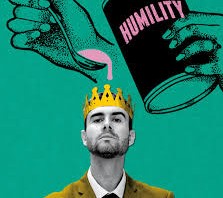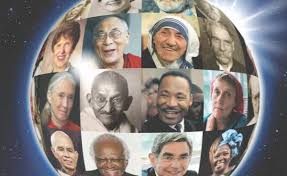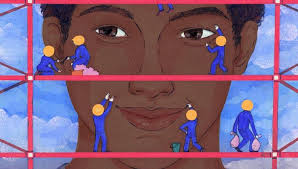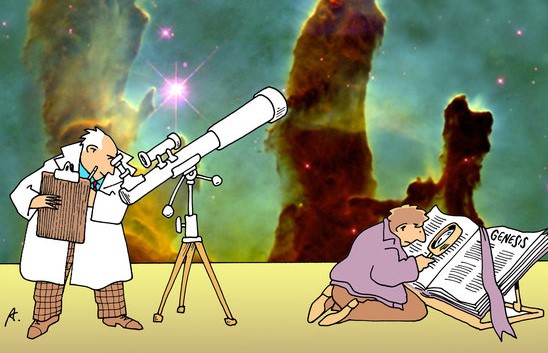Humility: The Most Counter-Cultural Ideal?

Google Image I try to watch a limited amount of TV, but when I do, I try to avoid commercials. In my opinion, they often show the worst of society: rampant consumerism, stark individualism and pervasive self-absorption. “Lighten up,” you might say. “Some of them are funny. And they are trying to sell things, and to do that, they have to appeal to our sense of the need for stuff. ‘I want that,’ is what they’re aiming for.” That may be, but neither the widespread use of humor nor an explanation of their goals cancels the fact that they fly in the face of moderation, a sense of the common good and humility. Strut, Shout and Gesture Humility, in fact, may be the most counter-cultural of values today. Watch the typical NFL football game and you’ll see that after many plays, players strut, shout and gesture their “greatness,” as if making a tackle is equivalent to finding the cure for cancer. Apart from football, TV “celebrities” are shown with fans fawning over them, as if making a mo...









